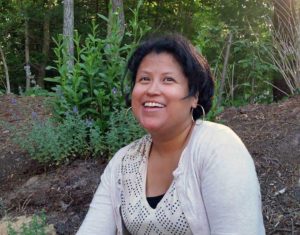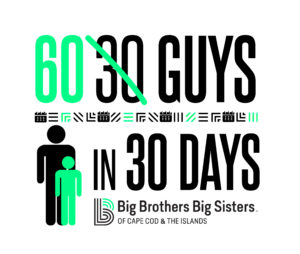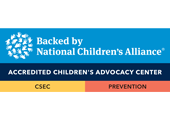A Community Free From Abuse
April 18th, 2022
At Children’s Cove, we are some of the hundreds of professionals across Cape Cod, Nantucket and Martha’s Vineyard serving the vulnerable in our community. During Child Abuse Prevention Month and Sexual Assault Awareness Month, it is critical to raise the visibility of the services available to our community.
No matter what has happened, no matter what someone has said, no matter your fears: you are not alone. You have not done anything wrong, and you are not in trouble. Ask for help. There is an entire community that will believe you.”
If you are in or know of any child or person in an unsafe situation, there is a community of professionals who have made it their mission to help. Please reach out as everyone should live in a community free of abuse.
- Independence House, Inc., Hyannis 800.439.6507
- A Safe Place, Inc., Nantucket 508.228.2111
- CONNECT to End Violence, Martha’s Vineyard 508.696.7233
- Safe Harbor: Aquinnah Wampanoag Women’s Center, Aquinnah 508.955.9164
- DCF Child-At-Risk HOTLINE, Hyannis 800.792.5200
If you are not sure who to call, or where to seek support, click here.








